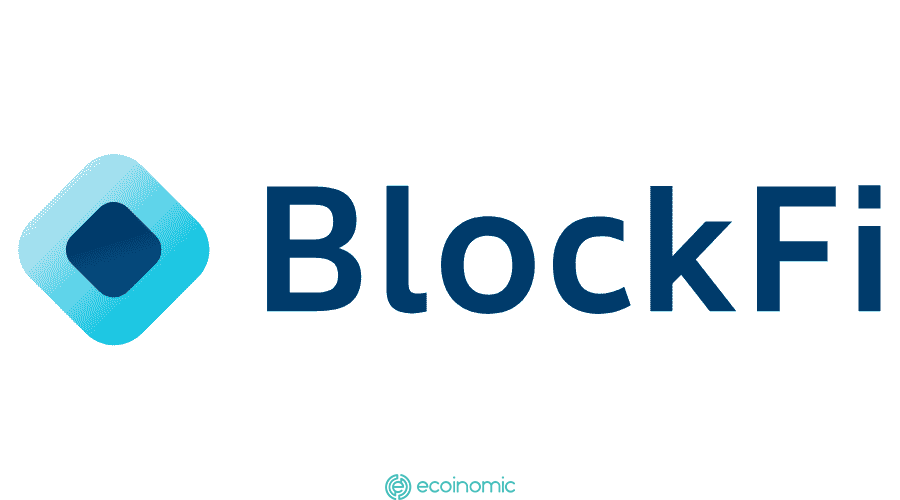Advertisement
The development of crypto companies
Despite the global pandemic, natural disasters, and other force majeure circumstances, businesses in 2022 not only maintained operations but also increased profits.
The average Revenue growth rate among the top 500 organizations has increased to 2,144% in just three years.
In addition, these same companies created more than 68,394 jobs during that period. All these advances began when banks started investing in cryptocurrencies and blockchain technology in 2021.
The companies on this list are optimistic about the future, even though they know that there are still many challenges to come. Cryptocurrency lending company BlockFi is currently in a leading position in the United States.

BlockFi’s growth rate was 245,000% in three years. The company has now moved from a cryptocurrency exchange and lending platform to becoming an asset management company. Other well-known cryptocurrency companies are Polygon, Coinflip, and Distributed Ledger.
Sri Lanka has recently seen an increase in Ponzi schemes as scammers take advantage of the country’s economic woes. Scammers promise high returns to investors if they put money into crypto-related projects. But instead of making money, the victims end up losing everything.
Regulation of Cryptocurrencies
The CEO of financial institutions in Canada has released new guidance on the risks associated with digital currencies. The guide is for banks and other financial institutions considering providing services to customers involved in the cryptocurrency industry.
Canadian crypto assets will be eyed by two groups, with group 1 paying attention to the conditions of classification and group two will be subject to more cautious treatment. This comes after the Basel Commission announced a new set of standards for banks to handle crypto and other digital assets. New data from the Bank of Canada reveals that the number of bitcoin holders almost tripled between 2020 and 2021, rising from 5% to 13%.
Binance has received approval in principle from the financial authority of the Kazakh capital to open a cryptocurrency exchange. Binance Holdings Ltd. has received approval in principle from the Astana Financial Services Authority (AFSA) to operate a digital asset trading facility and provide custody services within the Astana International Financial Center (AIFC).
Funding again
The Celsius platform is looking forward to some support for the restructuring process.
In July, after imposing a ban on user withdrawals, Celsius did not file for bankruptcy. The firm is currently consulting with bankruptcy attorneys to evaluate alternatives to the restructuring.
The company is considering funding packages with different parties. It is currently unclear whether these supports are equity-based or debt-based, or what the terms of any such deal will be.
Crypto company CEO resigns
Zipmex CEO Marcus Lim faced harsh criticism from investors and shareholders, some of whom wanted him to step down. They say that the root of the problem lies in mismanagement, which caused the exchange liquidity crisis due to the relationship with Babel Finance. This forced the suspension of withdrawals in July 2022.
Michael Moro, CEO of Genesis Trading resigned as pressure mounted from exposure to Three Arrows Capital (3AC) and other hedge funds. This follows the company’s announcement that it lent $40 billion in the second quarter, down 9% from the first quarter.

Interest cooled from institutional investors until the cryptocurrency market witnessed a downturn. The cryptocurrency market has dropped from a peak Market Cap of around $3 trillion to around $1.12 trillion at the time of writing.
Tom Conheeny will join the Innovation Council alongside risk and compliance and technology executives. At the same time, the company is looking for a long-term replacement for Michael Moro, who fulfilled an advisory role during the hiring process.
Increased cryptocurrency surveillance
Tencent Holdings has shut down its NFT platform after less than a week due to regulatory pressure from the Chinese government. The decision comes after the government issued guidance on regulating the booming NFT market. Tencent’s announcement represents a significant retreat from the NFT sector, which has been heavily regulated by the government in recent months. The Chinese government unveiled its central bank digital currency (CBDC) to the public in 2022 during the Winter Olympics as a method of pilot expansion of the digital yuan. Currently, most states are only in the early stages of developing their own community centers. The United States has announced that it will begin investigating the digital dollar, and India, one of the world’s most booming economies, has made a similar announcement about its currency.
Sanctions by the ministry of finance
Last week, Coin Center claimed that the U.S. Treasury Department went too far by threatening legal action against the Tornado Cash service, claiming that the business violated several international sanctions. The organization is trying to contact the Office of Foreign Assets Control and is evaluating a lawsuit.
In August, the Office of Foreign Assets Control (OFAC) blocked the website of Tornado Cash and other digital currency websites allegedly working with its mixing service which the treasury said was being used by North Korea and Iran for money laundering.
Tornado Cash’s software is open source and developers have no way of knowing who is using it. The service provides digital currency users with a degree of anonymity by allowing them to transfer their funds through so-called digital tumblers, which makes it difficult to trace the source of funds.
OFAC’s decision was based on the fact that some digital currency users were using digital tumblers to launder money, but the agency failed to produce any evidence linking Tornado Cash to such activities.
A discussion about the digital dollar
Federal Reserve Chairman Jerome Powell announced that the central bank will release a document discussing the potential issuance of central bank digital currencies (CBDCs) at some point during the summer.
The Fed chairman introduced the topic in a public address posted on the Federal Reserve’s website. He spoke for the first time about how the Fed has always adapted to new technologies to facilitate payments.
Here, Powell specifically mentioned the advancement of digital ledger technology, highlighting cryptocurrencies, stablecoins, and finally CBDCs. In the face of the development of a potential digital dollar, Powell announced that the Fed will issue a document discussing how best to continue with this idea over the summer.
















